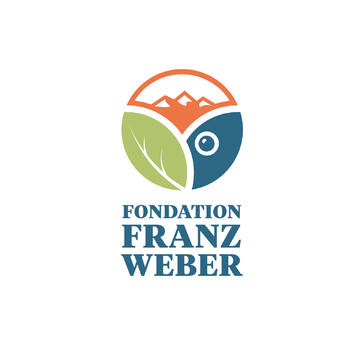Switzerland
The Swiss-based eponymous Franz Weber Foundation (FFW) was launched in 1975. But it first came to world attention in 1977 when Franz Weber, a former journalist, joined the film star Brigitte Bardot in Canada to protest against seal hunting. FFW’s stated mission is to use investigations, exposés, debates and lobbying to increase biodiversity and to maintain natural environments in an ‘unspoiled’ condition.
From 1990 until 2015, FFW managed the Fazao-Malfakassa National Park in Togo which was, according to an in-depth investigation by Duke University, ‘established by forcing the local communities off their land and without taking into considerations their point of view’. That same study cited convincing evidence from reports published in 1990, confirming that competition for land use was already ‘creating conflict between the local communities and park managers’. In 2015 Togo refused to renew FFW’s contract because, the report says, ‘local communities were still excluded from the management of the natural resources of their land’ and FFW had ‘failed to fulfil its contract’.
Franz Weber Foundation plays a major role within CITES because it funds and manages from Switzerland the African Elephant Coalition (AEC) that represents 32 African range states, some of which have barely any elephants and others none at all. Contrary to the wishes of the range states in Southern Africa, which manage by far most of the world’s wild elephant populations, the AEC at CITES’ CoPs repeatedly tables proposals to upgrade all of the world’s elephants to appendix I (which prohibits all international trade). And the AEC uses its voting power to keep in place prohibitions on ivory sales and all other trade in elephant-related derivatives, including skins and hair, which Southern African nations wish to legalise. FFW also opposes trophy hunting and the selling of wild elephants to zoos and circuses.
Before CoP-18, FFW and the David Shepherd Wildlife Foundation (DSWF) met in Kenya at the AEC Summit meeting in Nairobi. The main topic on the agenda was to, in FFW’s words, ‘discuss [their] joint strategy in view of the upcoming CoP-18’, including the ‘submission of a package of four proposals’ to the CoP. These demanded the up-listing of all African elephants to CITES’ Appendix I, the closure of all domestic ivory markets, and called for ‘better manage government-held ivory stockpiles’ and the tightening of controls governing ‘the export of live wild-caught African elephants outside their range’. Also, Franz Weber Foundation occasionally hosts the AEC at events it pays for in full in Europe. These sometimes involve funding fully-financed delegates from all 32 member states travelling to the spectacular lakeside-frontage in Montreux, Switzerland.
Franz Weber Foundation is a militant opponent of the ornamental fish trade, which it accuses of plundering wild stock to supply private and public aquariums. According to FFW, it was its lobbying that persuaded the European Union and the Unites States of America to submit a proposal to CITES CoP-18, which called for a thorough investigation into international trade of coral reef fish. This proposal was adopted by consensus and its findings will be discussed at CoP-19.
Franz Weber Foundation is a major player in Swiss politics. It regularly launches petitions and funds expensive campaigns that trigger and win national law-making referenda. For example, to ban hunting, reduce noise pollution, prevent the construction of second homes and to call a halt to road construction.
Leaders
Anna Zangger, Head of International Campaigns.
Governance
President of the five-strong board is Vera Weber.
Finance
Unknown.



